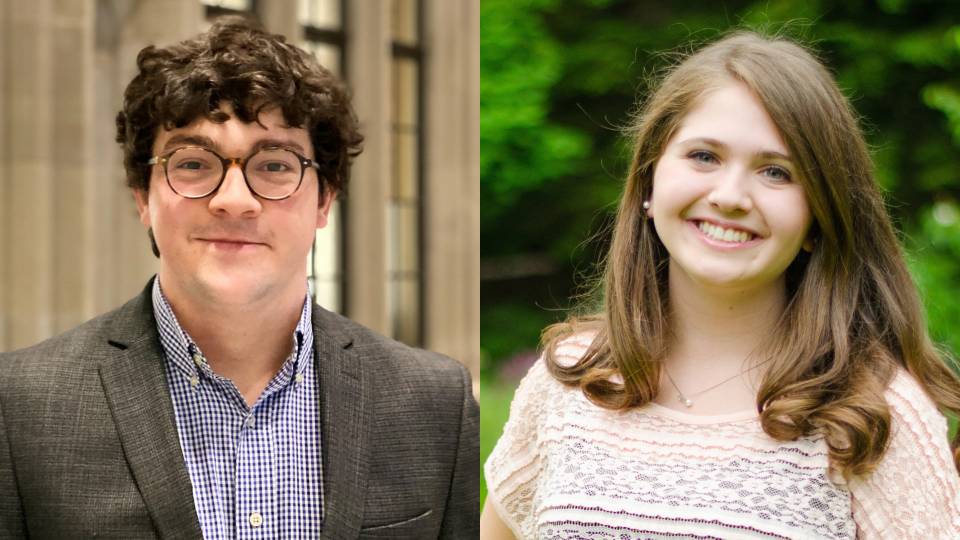Arguments recently heard by the U.S. Supreme Court on the Bush administration's detention of "enemy combatants" received a partial and lively airing on the Princeton campus on Wednesday, May 5, by panelists who represented opposing viewpoints on the issue.
Speakers for the discussion, "Freedom in a Time of Fear: Civil Liberties, National Security and the Prosecution of Suspected Terrorists," were: Linda Greenhouse, Supreme Court correspondent for The New York Times and a winner of the Pulitzer Prize; Michael Ratner, president of the New York City-based Center for Constitutional Rights; and Ronald Rotunda, the George Mason University Foundation Professor of Law at George Mason University. The event was sponsored by the Program in Law and Public Affairs (LAPA) at the Woodrow Wilson School of Public and International Affairs and Students for Liberty and Security.
The panel addressed the cases of non-American detainees captured in Afghanistan who are being held in Guantanamo Bay, Cuba; Yaser Esam Hamdi, an American-born Saudi who was seized in Afghanistan; and Jose Padilla, a U.S. citizen taken into custody at Chicago's O'Hare Airport as he was returning from Pakistan.
"These cases present issues about what is arguably the most fundamental of all constitutional rights, the right of a person seized by the government to challenge whether or not there is a lawful basis for their confinement," said Christopher Eisgruber, LAPA director, who moderated the discussion.
Greenhouse, who said she has a "ringside, front-row seat" for the Supreme Court hearings, offered an overview of the arguments: "More so than any others, these cases present an intersection of law and policy." She asserted the Bush administration is making very broad claims of executive authority and wants to eliminate interference by federal courts. The focus of the administration's argument is national security and its lawyers are essentially asking the Supreme Court to "trust us," she said.
While Greenhouse said she believes the court does not have precedents for the cases, Rotunda said he disagreed and that the courts have prisoners-of-war case precedents from World War II.
Rotunda referred to the Guantanamo detainees as POWs who are interned to prevent them from returning to battle. He said during the war, the United States has a right to keep them until they are no longer considered a danger. Because of the nature of the war on terrorism, Rotunda said, they technically cannot be classified as military opponents since they don't wear a uniform representing a state. However, he contended, the government has set up a procedure to determine whether the detainees are combatants, and officials have released those not considered dangerous.
Ratner, whose center provides legal advocacy for the detainees and submitted briefs to the Supreme Court for their case, called the administration's argument of "trust us" particularly troubling in light of new evidence of abuse against Iraqi prisoners.
Ratner said the indefinite imprisonment of foreign detainees without habeas corpus, a writ ordering that a person in custody be brought before the court, is unacceptable. "It is such a departure of what I understand to be law," he said. "The importance of opening the courthouse door is absolutely crucial." Ratner said even if the administration is identifying the Guantanamo detainees as POWs, the administration's treatment of the detainees defies the Geneva Conventions and international laws.
The contentious debate was followed by brief questions and answers from the audience.
Contact: Lauren Robinson-Brown (609) 258-3601
